I am being barraged by questions regarding commercial lending and the need or not to be licensed. The area is not as grey as you may think. The problem is many commercial lenders disguise what would otherwise be a RESPA loan on a 1-4 family – by using LLCs. These lenders and brokers are completely ignoring the legal doctrine of beneficial ownership. And many times these lenders and brokers actually believe that no auditor or regulator has ever seen this scheme before. Really?

I believe that the best business practice for any person originating any kind of mortgage residential or commercial – is to obtain the proper license first.
RESPA is applicable to all “federally related mortgage loans,” except as provided under 1024.5(b). “Federally related mortgage loans” are defined as: 1.A loan secured with a first or subordinate lien on residential property 2.Where a one to four family unit is located 3.Where a properly qualified manufactured home is located or to be constructed 4. Where the loan is made by a proper creditor, lender, or dealer 5. If the loans are insured by an agency of the federal government 6. If the loan is intended to be sold to HUD, FNMA, FHLMC, USDA, or the VA 7. If the loan is a home equity conversion mortgage or reverse mortgage subject to federal regulations.
A true commercial loan is a mortgage loan made on a property that is NOT residential (a 1-4 family unit) and where there is NO possibility the true owner or beneficial owner might occupy the property either as a primary or as a secondary. That goes for citizens or legal aliens or consumers of any kind – if the property is a RESPA property that is going to be used by them it will not matter who you call the borrower or how you try to hide the true ownership. A 1-4 family might fall into an exception but the overwhelming position will be that if it is a 1-4, it is a RESPA loan requiring licensing.
To provide a resource for you that will put all this information on one blog entry, I am providing the following list of state requirements.
The following states may require licensing to originate commercial mortgage real estate loans.
One more time – commercial mortgage loans means a loan secured by real estate that is not a residential 1 to 4 family dwelling.
These states require licensing. Arizona California Illinois North Dakota Nebraska Nevada (Company and LO) South Dakota (Company and LO)
These states show that a license may be required. That means get a license. District of Columbia North Carolina
These states require a license to broker these types of loans. Michigan (Real Estate Broker) – Brokering Only Minnesota (Limited Real Estate Broker) – Brokering Only New York (Real Estate Broker)- Brokering Only New Jersey (Real Estate Broker)- Brokering Only
Regarding FLORIDA – “Most” commercial companies are exempt in Florida providing the property is not a 1-4 family unit or the entity is not a sham LLC. The word “most” is the issue. This is a regulator grey area.
Business Purpose Residential Mortgage Loans – The famous Reg Z exemption 226.3: Brokers and Lenders often refer to non-owner occupied business purpose residential mortgage loans as commercial loans. The following states may require licensing: Alabama, Arizona, California, Colorado, Florida, Idaho, Illinois, Louisiana, Michigan, Minnesota, Nevada, New Jersey, North Dakota, Oregon, Rhode Island, South Dakota, Texas, Utah, and Vermont.
Here’s my take. Get a license. It increases your credibility and avoids you being pulled into a situation where the regulator believes you needed a license to originate or make the loan. If the regulator believes it, you will lose the argument. Of course, this is just my opinion.
Respectfully,
Nelson A. Locke, Esq.
Mortgage Industry Compliance Expert
Office (800) 656-4584
http://expertlenderservices.com
